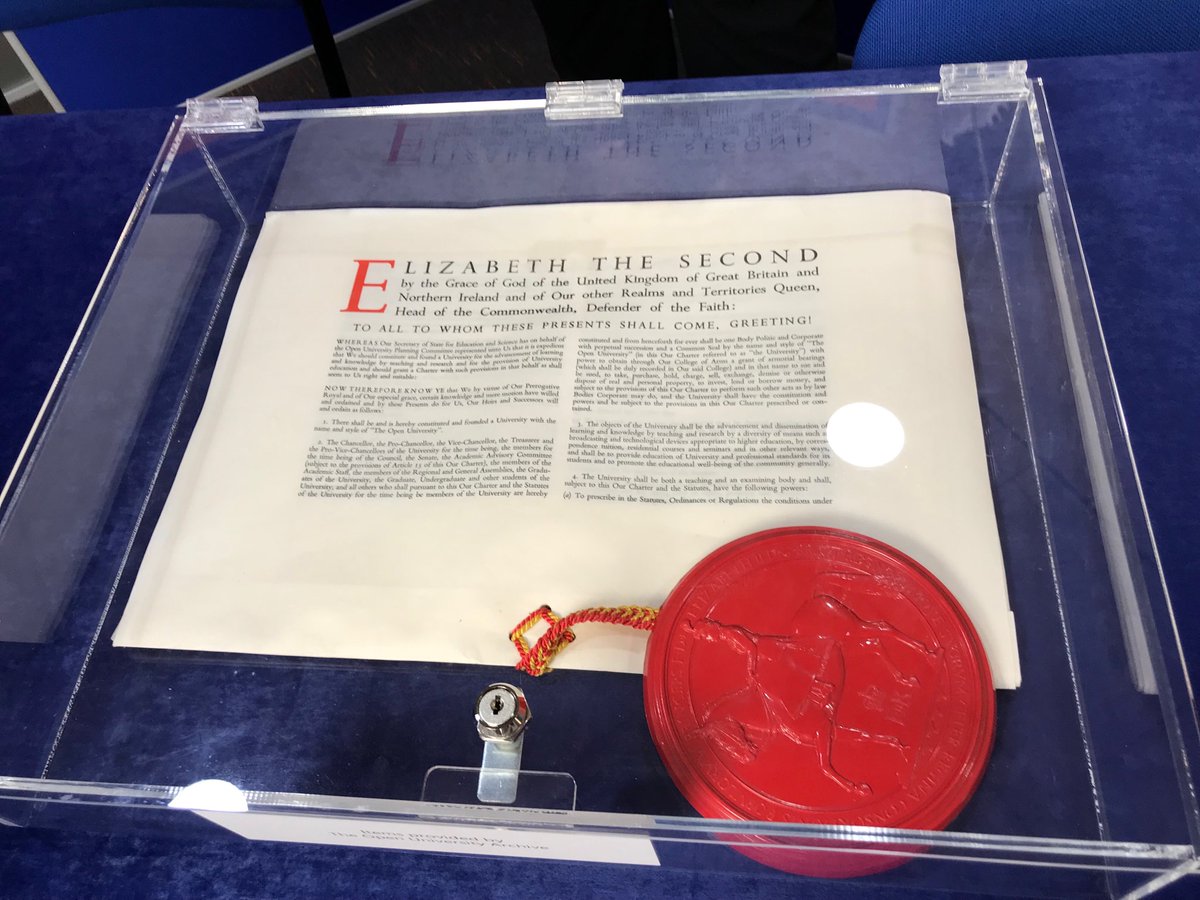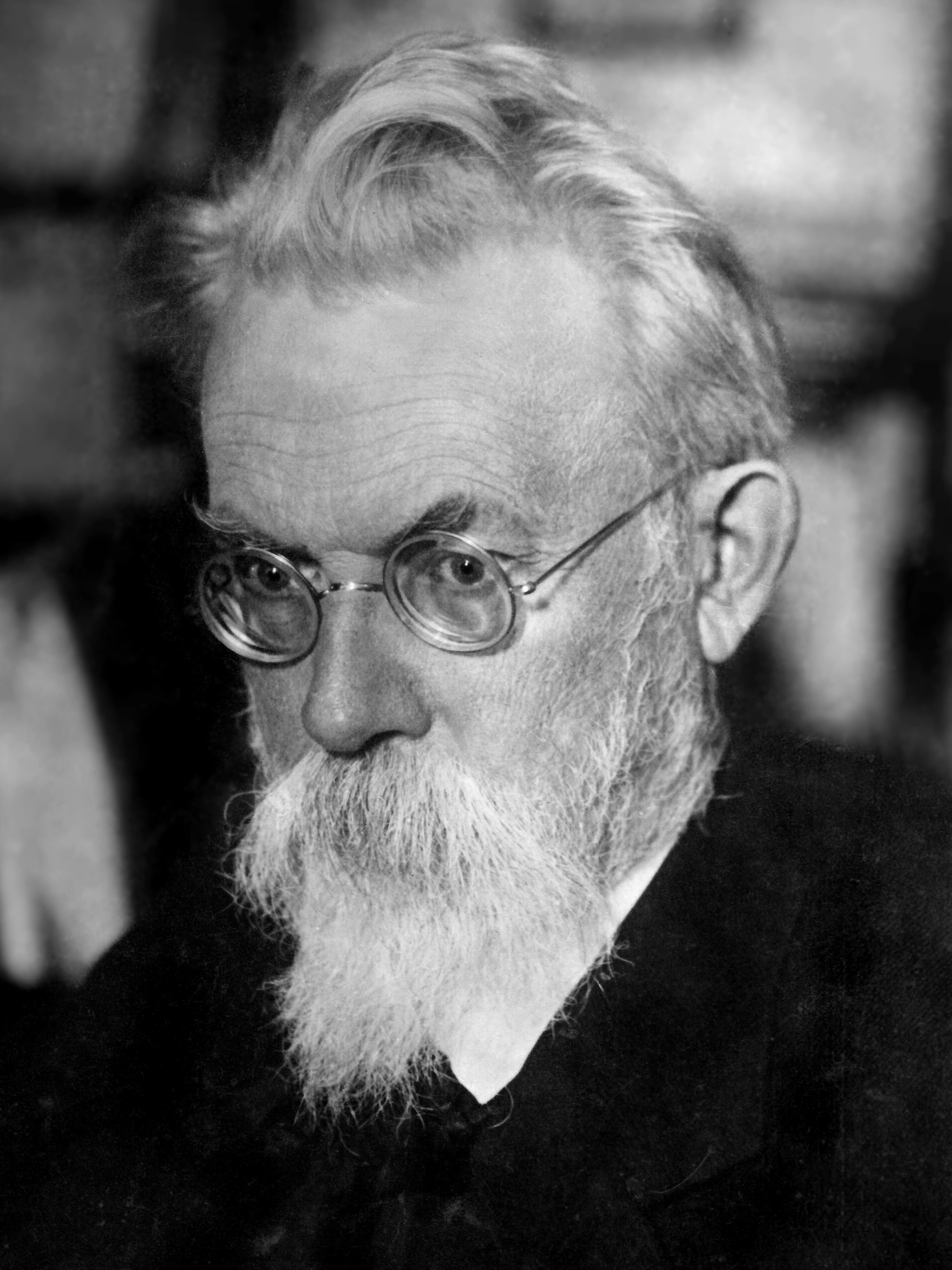|
Carly Stevens
Carly Stevens is a professor of plant ecology and soil biogeochemistry at University of Lancaster, UK. Her work focuses on how changes in the atmospheric nitrogen cycle affect plant communities, particularly grasslands. Education Carly Joanne Stevens has been awarded B.Sc. and M.Sc. degrees. In 2004 her PhD was awarded by the Open University for her work on the effects of nitrogen on grassland ecology supervised by Nancy Dise, David Gowing and Owen Mountford. It was carried out in collaboration with the NERC Centre for Ecology and Hydrology, Monks Wood Monks Wood is a National Nature Reserve north-west of Huntingdon in Cambridgeshire, and a Nature Conservation Review site, Grade I. A slightly more extensive area of is the Monks Wood and The Odd Quarter biological Site of Special Scientific In .... Prior to her appointment at University of Lancaster, Stevens was a research fellow at the Open University. Career Stevens' research has contributed to understanding how chang ... [...More Info...] [...Related Items...] OR: [Wikipedia] [Google] [Baidu] |
University Of Lancaster
, mottoeng = Truth lies open to all , established = , endowment = £13.9 million , budget = £317.9 million , type = Public , city = Bailrigg, City of Lancaster , country = England , coor = , campus = Bailrigg , faculty = 1,872 (full-time equivalent) , administrative_staff = 3,223 (full-time equivalent) , chancellor = Alan Milburn , head_label = Pro-Chancellor , head = Alistair Burt , vice_chancellor = Andy Schofield , students = 15,979 Lancaster Universit"Student numbers FOI Request 2019" 6 November 2019. Retrieved 4 December 2019 , undergrad = 11,419 , postgrad = 4,560 , colours = 'Quaker Grey' and red , affiliations = N8 Group, ACU, AACSB, AMBA, NWUA, EUA, EQUIS, Universities UK , website www.lancaster.ac.uk, logo = Lancaster University logo.svg Lancaster University (legally The University of Lancaster) is a public research university in Lancaster, Lancashire, England. The university was established in 1964 by royal charter, a ... [...More Info...] [...Related Items...] OR: [Wikipedia] [Google] [Baidu] |
Open University
The Open University (OU) is a British public research university and the largest university in the United Kingdom by number of students. The majority of the OU's undergraduate students are based in the United Kingdom and principally study off-campus; many of its courses (both undergraduate and postgraduate) can also be studied anywhere in the world. There are also a number of full-time postgraduate research students based on the 48-hectare university campus in Milton Keynes, where they use the OU facilities for research, as well as more than 1,000 members of academic and research staff and over 2,500 administrative, operational and support staff. The OU was established in 1969 and was initially based at Alexandra Palace, north London, using the television studios and editing facilities which had been vacated by the BBC. The first students enrolled in January 1971. The university administration is now based at Walton Hall, Milton Keynes, in Buckinghamshire, but has administratio ... [...More Info...] [...Related Items...] OR: [Wikipedia] [Google] [Baidu] |
Biogeochemistry
Biogeochemistry is the scientific discipline that involves the study of the chemical, physical, geological, and biological processes and reactions that govern the composition of the natural environment (including the biosphere, the cryosphere, the hydrosphere, the pedosphere, the atmosphere, and the lithosphere). In particular, biogeochemistry is the study of biogeochemical cycles, the cycles of chemical elements such as carbon and nitrogen, and their interactions with and incorporation into living things transported through earth scale biological systems in space and time. The field focuses on chemical cycles which are either driven by or influence biological activity. Particular emphasis is placed on the study of carbon, nitrogen, sulfur, iron, and phosphorus cycles. Biogeochemistry is a systems science closely related to systems ecology. History Early History Early Greeks established some of the core ideas of biogeochemistry, such as nature consisting of cycles. 17th ... [...More Info...] [...Related Items...] OR: [Wikipedia] [Google] [Baidu] |
Nitrogen Cycle
The nitrogen cycle is the biogeochemical cycle by which nitrogen is converted into multiple chemical forms as it circulates among atmospheric, terrestrial, and marine ecosystems. The conversion of nitrogen can be carried out through both biological and physical processes. Important processes in the nitrogen cycle include fixation, ammonification, nitrification, and denitrification. The majority of Earth's atmosphere (78%) is atmospheric nitrogen, making it the largest source of nitrogen. However, atmospheric nitrogen has limited availability for biological use, leading to a scarcity of usable nitrogen in many types of ecosystems. The nitrogen cycle is of particular interest to ecologists because nitrogen availability can affect the rate of key ecosystem processes, including primary production and decomposition. Human activities such as fossil fuel combustion, use of artificial nitrogen fertilizers, and release of nitrogen in wastewater have dramatically altered the global nitr ... [...More Info...] [...Related Items...] OR: [Wikipedia] [Google] [Baidu] |
UK Centre For Ecology & Hydrology
The UK Centre for Ecology & Hydrology (UKCEH) is a centre for excellence in environmental science across water, land and air. The organisation has a long history of investigating, monitoring and modelling environmental change, and its science makes a difference in the world. The issues that its science addresses include: air pollution, biodiversity, chemical risks in the environment, extreme weather events, droughts, floods, greenhouse gas emissions, soil health, sustainable agriculture, sustainable ecosystems, water quality, and water resources management. UKCEH coordinates a number of long-term environmental science monitoring sites and programmes, including the Predatory Bird Monitoring Scheme, the Isle of May Long-Term Study, the UK National River Flow Archive, the Plynlimon catchment study, lakes monitoring at Loch Leven and in the English Lake District, the UK Cosmic-ray soil moisture monitoring network (COSMOS-UK), the UK Upland Waters Monitoring Network and the UKCEH Coun ... [...More Info...] [...Related Items...] OR: [Wikipedia] [Google] [Baidu] |
Monks Wood
Monks Wood is a National Nature Reserve north-west of Huntingdon in Cambridgeshire, and a Nature Conservation Review site, Grade I. A slightly more extensive area of is the Monks Wood and The Odd Quarter biological Site of Special Scientific Interest. The site is described by Natural England as one of Britain's most essential lowland woods. It is mainly of the wet ash-maple type, with a creamy shrub layer that was formerly coppiced. Trees include the rare wild service tree, particularly in The Odd Quarter. There is ground flora typical of ancient woodland, together with woodland rides, ponds, streams, and herb-rich grassland. Monks Wood was the site of an experimental biological research station of The Nature Conservancy from 1961 to 2009. The marsh tits in the wood have been the subject of several studies. Beginning in 1961, a former barley field next to the station was allowed to naturally regenerate as a rewilding experiment. There is access to Monks Wood from the road, w ... [...More Info...] [...Related Items...] OR: [Wikipedia] [Google] [Baidu] |
Long-term Experiment
A long-term experiment is an experimental procedure that runs through a long period of time, in order to test a hypothesis or observe a phenomenon that takes place at an extremely slow rate. What duration is considered "long" depends on the academic discipline. For example, several agricultural field experiments have run for more than 100 years, but much shorter experiments may qualify as "long-term" in other disciplines. An experiment is "a set of actions and observations", implying that one or more treatments (fertilizer, subsidized school lunches, etc.) is imposed on the system under study. Long-term experiments therefore contrast with nonexperimental long-term studies in which manipulation of the system studied is impossible (e.g. Jupiter's Great Red Spot) or undesirable (e.g. field observations of chimpanzee behavior). In physics The Oxford Electric Bell has been ringing at Oxford University since 1840, although there is some reason to believe it may be 15 years older. Th ... [...More Info...] [...Related Items...] OR: [Wikipedia] [Google] [Baidu] |
Living People
Related categories * :Year of birth missing (living people) / :Year of birth unknown * :Date of birth missing (living people) / :Date of birth unknown * :Place of birth missing (living people) / :Place of birth unknown * :Year of death missing / :Year of death unknown * :Date of death missing / :Date of death unknown * :Place of death missing / :Place of death unknown * :Missing middle or first names See also * :Dead people * :Template:L, which generates this category or death years, and birth year and sort keys. : {{DEFAULTSORT:Living people 21st-century people People by status ... [...More Info...] [...Related Items...] OR: [Wikipedia] [Google] [Baidu] |
Alumni Of The Open University
Alumni (singular: alumnus (masculine) or alumna (feminine)) are former students of a school, college, or university who have either attended or graduated in some fashion from the institution. The feminine plural alumnae is sometimes used for groups of women. The word is Latin and means "one who is being (or has been) nourished". The term is not synonymous with "graduate"; one can be an alumnus without graduating (Burt Reynolds, alumnus but not graduate of Florida State, is an example). The term is sometimes used to refer to a former employee or member of an organization, contributor, or inmate. Etymology The Latin noun ''alumnus'' means "foster son" or "pupil". It is derived from PIE ''*h₂el-'' (grow, nourish), and it is a variant of the Latin verb ''alere'' "to nourish".Merriam-Webster: alumnus .. Separate, but from the s ... [...More Info...] [...Related Items...] OR: [Wikipedia] [Google] [Baidu] |
Plant Ecologists
Plants are predominantly photosynthetic eukaryotes of the kingdom Plantae. Historically, the plant kingdom encompassed all living things that were not animals, and included algae and fungi; however, all current definitions of Plantae exclude the fungi and some algae, as well as the prokaryotes (the archaea and bacteria). By one definition, plants form the clade Viridiplantae (Latin name for "green plants") which is sister of the Glaucophyta, and consists of the green algae and Embryophyta (land plants). The latter includes the flowering plants, conifers and other gymnosperms, ferns and their allies, hornworts, liverworts, and mosses. Most plants are multicellular organisms. Green plants obtain most of their energy from sunlight via photosynthesis by primary chloroplasts that are derived from endosymbiosis with cyanobacteria. Their chloroplasts contain chlorophylls a and b, which gives them their green color. Some plants are parasitic or mycotrophic and have lost the ability ... [...More Info...] [...Related Items...] OR: [Wikipedia] [Google] [Baidu] |
British Women Scientists
British may refer to: Peoples, culture, and language * British people, nationals or natives of the United Kingdom, British Overseas Territories, and Crown Dependencies. ** Britishness, the British identity and common culture * British English, the English language as spoken and written in the United Kingdom or, more broadly, throughout the British Isles * Celtic Britons, an ancient ethno-linguistic group * Brittonic languages, a branch of the Insular Celtic language family (formerly called British) ** Common Brittonic, an ancient language Other uses *''Brit(ish)'', a 2018 memoir by Afua Hirsch *People or things associated with: ** Great Britain, an island ** United Kingdom, a sovereign state ** Kingdom of Great Britain (1707–1800) ** United Kingdom of Great Britain and Ireland (1801–1922) See also * Terminology of the British Isles * Alternative names for the British * English (other) * Britannic (other) * British Isles * Brit (other) * Briton (d ... [...More Info...] [...Related Items...] OR: [Wikipedia] [Google] [Baidu] |
.jpg)





